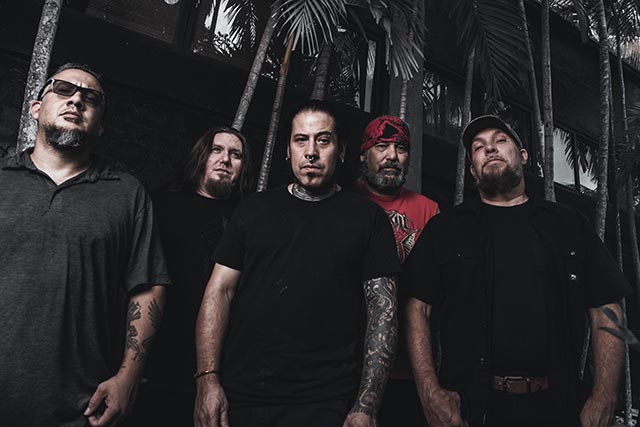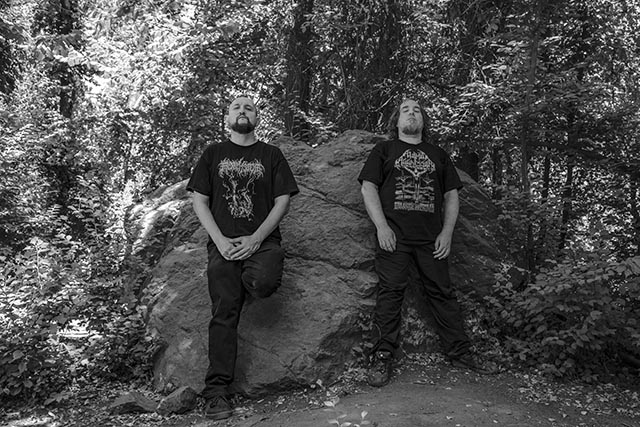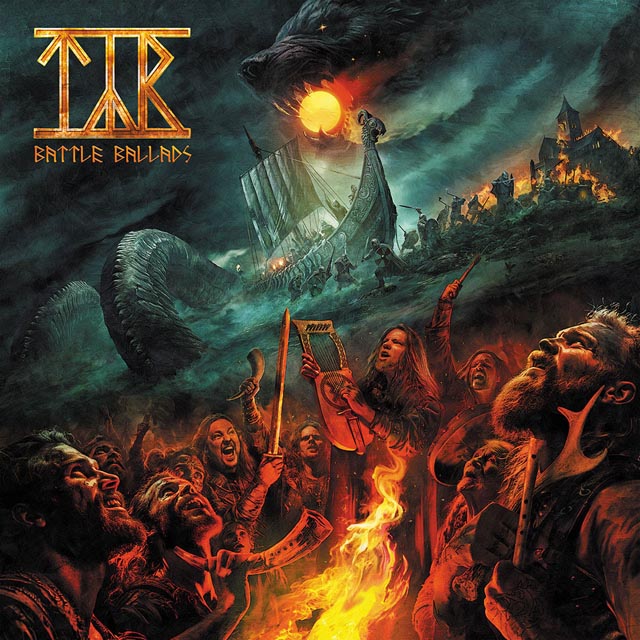 Headbangers’ Brawl is a weekly column where Metal Insider’s contributors take a moment to debate and analyze two opposing sides of a topical issue occurring in the world of metal and/or the music industry.
Headbangers’ Brawl is a weekly column where Metal Insider’s contributors take a moment to debate and analyze two opposing sides of a topical issue occurring in the world of metal and/or the music industry.
Blame it on Amanda Palmer. When the former Roadrunner artist turned to crowdfunding to finance her new album and tour, she had a $100,000 goal, but legions of devoted fans. She wound up with over $1.2 million, which made a lot of musicians second-guess how to get tour support and money to make albums, among other things. Protest the Hero was the first metal band to over-exceed their goal, getting $341,121, much more than the $125,000 they were seeking. Since then, it’s become almost commonplace for bands to reach out to their fans for donations. The most high-profile campaign, at least this week, is Tim Lambesis’ successful Indiegogo campaign for Austrian Death Machine. But is there a point where there’s too much crowdfunding? Is this the wave of the future, a trend of the present, or will it reach its tipping point and collapse in on itself?
Bram: I think that crowdfunding has reached a saturation point. Tim Lambesis reaching out to fans to record an album in his own studio, especially after we now know that he and his wife pulled in $233,000 a few years ago, is a little ridiculous. It’s not like he was a starving artist, especially if he had money to throw around to get his wife killed (allegedly!). But it really comes down to your level of fandom. If you can get something cool and exclusive from one of your favorite bands, not to mention know that you’re helping them out directly, many will feel that it’s worth the price. Yet it’s got to be for something cool. It looks like Battlecross will be successful with their campaign, but they were already on the Mayhem Fest and no band would be on a huge festival like that without some tour support. The campaigns we don’t know about are the ones that fail, and there really need to be some great perks or a band with a devoted enough fan base for them to succeed. And the more crowdfunding campaigns there are, the harder it will be for fans to justify parting with their cash.
Matthew: I believe there’s definitely a time and a place for crowdfunding. It helped Byzantine get a new album out earlier this year, so I think there’s something to be said for helping out bands that need money to record. It’s particularly interesting in the music business since we usually assume many people won’t pay for new music and just illegally download it instead. But crowdfunding has indicated that many people are actually willing to put down their own money for their favorite bands. It serves as a sort of jumpstart for the band in question if they have fallen on hard times.
However, I do have to agree with Bram that some bands are more capable of supporting themselves than others, so it’s a little odd when solidly established band with a gargantuan fanbase calls for money. Obviously, I’m not some authority on how much metal musicians make, but I think that if you are a band that has a solid financial situation, you better planning to make something damn awesome with the money you’re asking for. Also, fans are going to start getting sick of crowdfunding really fast if all of their favorite bands start asking for money. If it picks up speed more than it already has, I can foresee a huge debate going down.
Zach: I’d definitely say that even more crowdfunding campaigns have emerged from well-known bands (at least in the hard rock community) thanks to Protest The Hero’s recent success. They think “Wow, they did so great, and we have a pretty big fan base and following on Facebook as well… why don’t WE do something similar?!” But as Lambgoat pointed out in their editorial about the failure of Jonny Craig’s campaign, a large social media following don’t mean shit without the following:
1. Perks unique and interesting enough for fans to fork over their hard-earned dollars for
2. Trust
Bram highlighted point number 1, but I want to emphasize the trust part because of this week’s current events. To be honest, when I first heard that Lambesis was arrested for hiring a hitman to kill his wife, I thought to myself “Wait… didn’t he launch a crowdfunding campaign to raise money for Austrian Death Machine?” Granted, Lambesis’ estimated income was revealed shortly thereafter, but I’m sure I am not the only one who pondered whether he used any of the extra money from his campaign for the hitman. Again, there’s no proof indicating this, but it certainly makes things seem a little fishy. I mention this particular situation because I have to believe that this will affect the level of trust fans have with crowdfunding. Sure, no one could have expected Lambesis to do what he did, but can we really trust so and so to use my money to make a video or album? Maybe it’s paranoid thinking, but I’m sure that thought is going through many fans’ minds.
Kodi: In the modern music business, crowdfunding is an extremely smart idea. If people aren’t buying records in the same ways that they did 15 years ago, and they really love an artist, what better way to be supportive than to toss $50+ directly at an artist to fund their next record or tour? But trusting the artist to use that money as advertised is a new wrinkle to consider. I don’t think fans really have an issue with it if someone they love keeping in business makes way over their initial goal; for example, it’s hard to believe that Amanda Palmer fans were upset with themselves for smashing the goal by well over a million dollars. That’s demonstrating a fan base’s power and justifying the artist to the rest of the universe, in a fan’s eyes. But when Protest The Hero made way over their crowdfunding goal and explained that some of it would be used to give the members a living wage for the year, there was scattered backlash from people who felt that PTH was putting more money in their pockets than originally designed. There are increasing examples coming out of this confusing contract between fan and band, and it might cause crowdfunding to fade as a business strategy in the long-term. Considering that it’s the digital equivalent of throwing money into a house band’s hat – and also recognizing the influence Radiohead’s famous “pay what you want” strategy for In Rainbows had – it shouldn’t upset fans to know that artists are getting money, unless they’ve been misled about the artists’ intentions for it.
The bigger worry for crowdfunding in my mind, though, is that everyone is starting to do it. Not on a label? Is it a small label that won’t pay for your tour? Want to press CDs or vinyl but don’t have the cash? That’s fine, just crowdsource it. But part of the reason crowdfunding was so awesome to begin with was the novelty of it – the idea that your contribution was directly responsible for the practical success of a concept, or an invention, or a band you really loved. As more people continue to see that work and come up with less novel ways to utilize it, the imperative to use it is going to get diluted. Contribute $100 and get a 3D foam version of your favorite death metal band’s logo? That would be awesome! Contribute $100 and get…a hoodie? It’s just not as interesting, but you know bands are doing it and will continue to do it until they milk it dry. It’s the 2013 equivalent of mass friending on MySpace, where the numbers become more important (to the detriment of everyone) than how an artist gets there.






